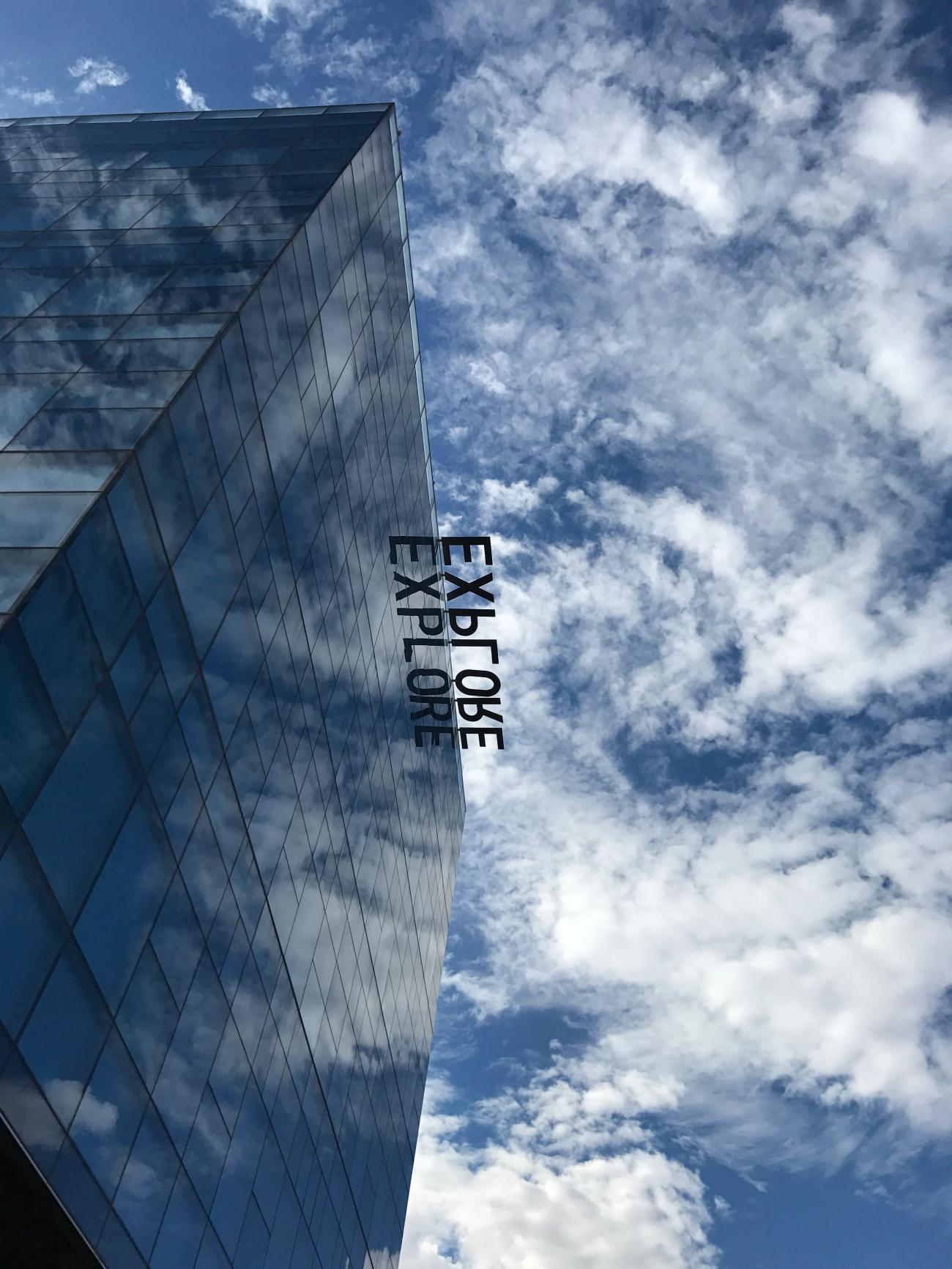Our strengths in climate science and in earth surface and vegetation dynamics lie within the rich research tradition of physical geography. Earth systems and climate science research is conducted on a variety of spatial and temporal scales, from investigations of modern urban climate systems to the long-term climatic variability driving landscape changes. The School of Geographical Sciences and Urban Planning brings exceptional strengths in computational and spatial analysis, Geographical information science, and remote sensing to this research.
Earth systems and climate science research in ASU’s School of Geographical Science and Urban Planning covers a variety of spatial and temporal scales, from investigations of current urban climate systems to the long-term climatic variability at the landscape scale. The School brings exceptional strengths in computational and spatial analysis, Geographical Information Science, and remote sensing to investigate land, climate, and vegetation dynamics. Research topics include: urban heat island mitigation, climate-land interactions, impacts of urbanization on climate and air quality, impacts of climate change on water resources, drought vulnerability, and long-term change in terrestrial ecosystems. Scientists who work in this space are highly interdisciplinary and seek to link complex earth, water, climate, and ecosystems through spatial analysis to produce new insights about the sustainability of environmental and human systems.
Ongoing faculty projects take place in Phoenix, Central Arizona, western North America, the United States, the Caribbean, and Southeast Asia.
The School's research and teaching related to earth systems science are enhanced by strong links to other ASU schools and centers, including the School of Earth and Space Exploration, College of Engineering, School of Life Sciences, School of Human Evolution and Social Change, and the Julie Ann Wrigley Global Institute of Sustainability. The School hosts the Remote Sensing and Informatics Laboratory, and it provides NAIP 1m land classification, and two consistent Landsat classifications for use by cross-campus researchers on the Central Arizona-Phoenix Long-Term Ecological Research and Decision Center for a Desert City projects.
